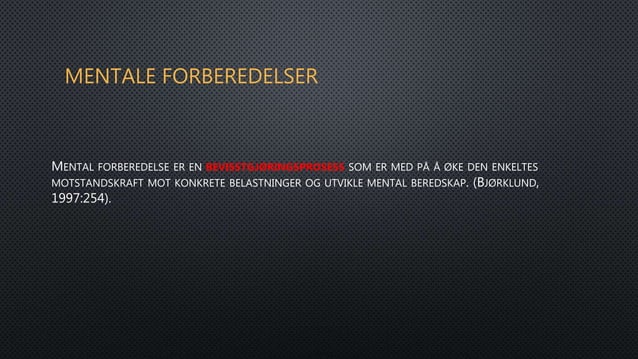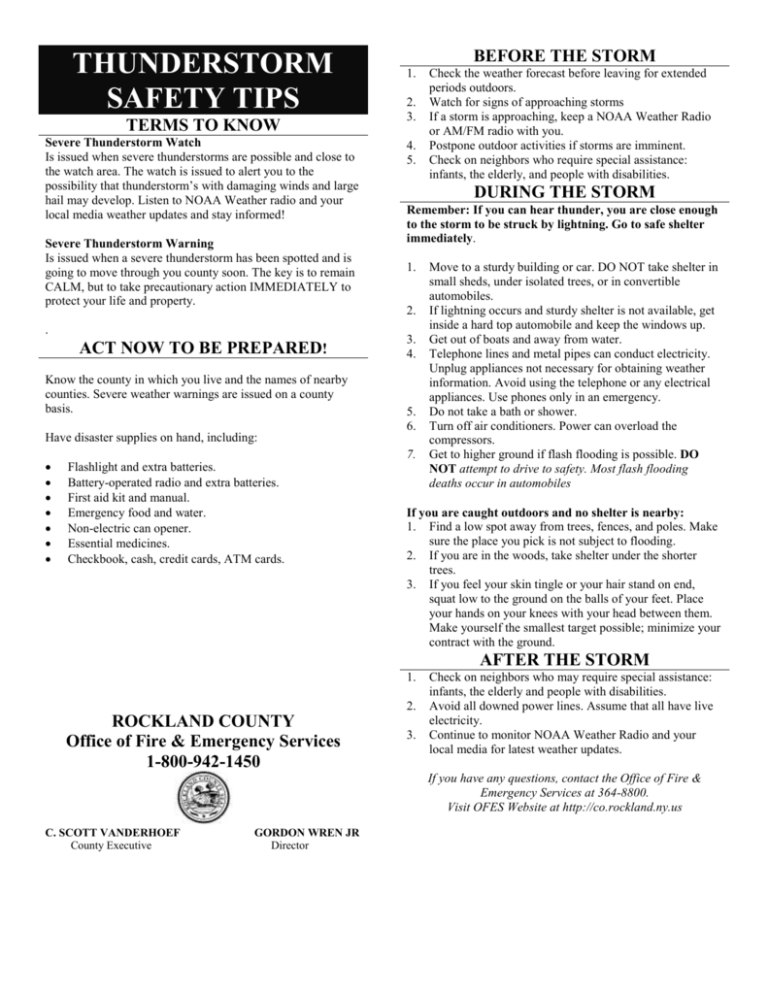Mental preparation is a critical aspect of achieving success in various fields, from sports and business to education and personal development. It involves the psychological readiness to face challenges and the ability to maintain focus, motivation, and resilience. This article explores the significance of mental preparation, the methods to enhance it, and real-world applications that demonstrate its value.
The Significance of Mental Preparation
Mental preparation is often the difference between success and failure. Athletes, professionals, and students who engage in focused mental preparation tend to perform better under pressure. Here are some key reasons why mental preparation is essential:
- Enhances Performance: Studies show that mentally prepared individuals are more likely to perform at their peak. For instance, a study by the Journal of Applied Sport Psychology found that athletes who practiced visualization techniques improved their performance compared to those who did not.
- Boosts Confidence: Confidence is a byproduct of thorough mental preparation. Individuals who prepare mentally are more likely to trust their abilities, which leads to better outcomes.
- Reduces Anxiety: Mental preparation can help alleviate performance anxiety by familiarizing individuals with potential challenges and equipping them with coping strategies.
- Improves Focus: A well-prepared mind can maintain focus better, reducing distractions and enhancing overall performance.
Methods of Mental Preparation
There are various techniques and strategies for mental preparation that can be tailored to individual needs. Here are some effective methods:
1. Visualization Techniques

Visualization involves creating a mental image of success. Athletes often use this technique to picture themselves executing skills flawlessly. Research indicates that visualization can lead to neurological changes that enhance physical performance.
2. Goal Setting
Setting clear, achievable goals is vital for mental preparation. Goals provide direction and motivation. The SMART criteria (Specific, Measurable, Achievable, Relevant, Time-bound) can help individuals create effective goals:
- Specific: Define clear objectives.
- Measurable: Ensure progress can be tracked.
- Achievable: Set realistic goals.
- Relevant: Align goals with broader objectives.
- Time-bound: Set deadlines for achieving goals.
3. Mindfulness and Meditation
Mindfulness practices, such as meditation, can improve mental clarity and reduce stress. Research published in the journal Psychological Science found that mindfulness can enhance attention and working memory, which are crucial for performance in various tasks.
4. Positive Self-Talk
The way individuals speak to themselves can significantly impact their mental state. Positive self-talk can boost confidence and reduce anxiety. Techniques include:
- Affirmations: Repeating positive statements about one’s abilities.
- Reframing: Changing negative thoughts into positive ones.
Real-World Applications of Mental Preparation
Mental preparation is not only applicable in sports but also in various domains of life. Here are a few examples:
Sports

In the world of sports, mental preparation is paramount. Take the case of Olympic athletes, who often spend as much time preparing mentally as they do physically. For instance, Michael Phelps, the most decorated Olympian of all time, used visualization and routine to mentally prepare for his races. His ability to visualize his races and maintain a positive mental attitude contributed significantly to his success.
Business

In the corporate world, leaders often face high-pressure situations that require mental readiness. For example, during high-stakes negotiations, executives who engage in mental preparation techniques, such as role-playing and visualization, tend to achieve better outcomes. A study by the Harvard Business Review found that leaders who practiced mental rehearsal were more effective in decision-making and conflict resolution.
Education
Students can also benefit from mental preparation techniques. A study published in the Journal of Educational Psychology demonstrated that students who practiced visualization and positive self-talk showed improved test performance. Techniques like goal setting and mindfulness can help students manage stress during exams and enhance their overall academic performance.
Statistics Supporting Mental Preparation

The impact of mental preparation can be quantified through various studies and statistics:
- A study by the American Psychological Association found that athletes who engaged in mental imagery techniques improved their performance by 20% on average.
- Research published in the Journal of Personality and Social Psychology indicated that individuals who practiced self-affirmation showed increased resilience in stressful situations.
- A survey conducted by the National Center for Mental Readiness revealed that 70% of professional athletes attribute their success to mental preparation techniques.
Challenges and Misconceptions
Despite the clear benefits of mental preparation, there are challenges and misconceptions that can hinder its effectiveness:
- Time Constraints: Many individuals believe they do not have enough time for mental preparation. However, even short sessions of focused mental practice can yield significant benefits.
- Overconfidence: Some may assume that physical preparation alone is sufficient. In reality, neglecting mental preparation can lead to underperformance.
- Misunderstanding Techniques: Not everyone is familiar with effective mental preparation strategies. Education and training in these techniques can help bridge this gap.
Mental preparation is a crucial component of success in various fields, from sports to business and education. By enhancing performance, boosting confidence, reducing anxiety, and improving focus, individuals can significantly increase their chances of success. Techniques such as visualization, goal setting, mindfulness, and positive self-talk are effective methods for fostering mental preparedness.
Real-world applications demonstrate that mental preparation can lead to outstanding outcomes, whether in competitive sports, high-stakes business negotiations, or academic achievement. As statistics reveal, the impact of mental preparation is profound, with many professionals and athletes attributing their success to its principles.
Ultimately, the question is not whether you are ready but how ready you are. By investing time and effort into mental preparation, you can unlock your full potential and achieve your goals with greater confidence and resilience.




